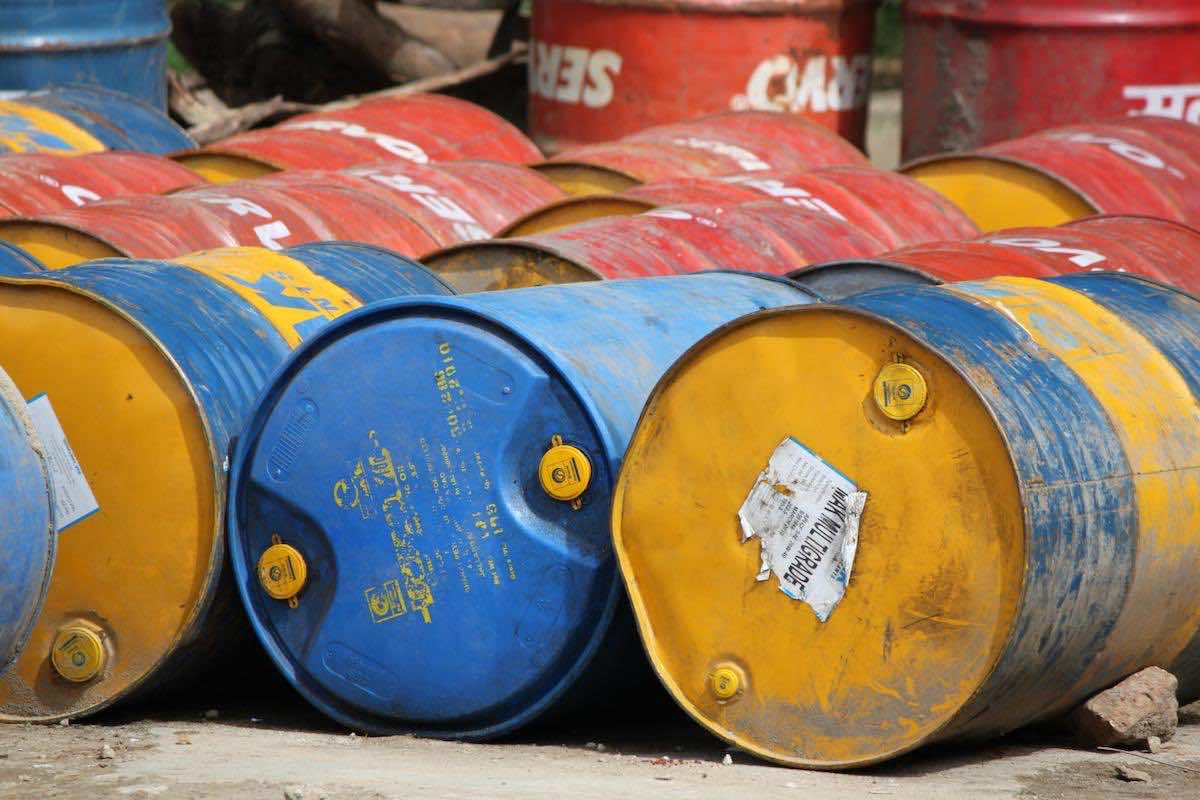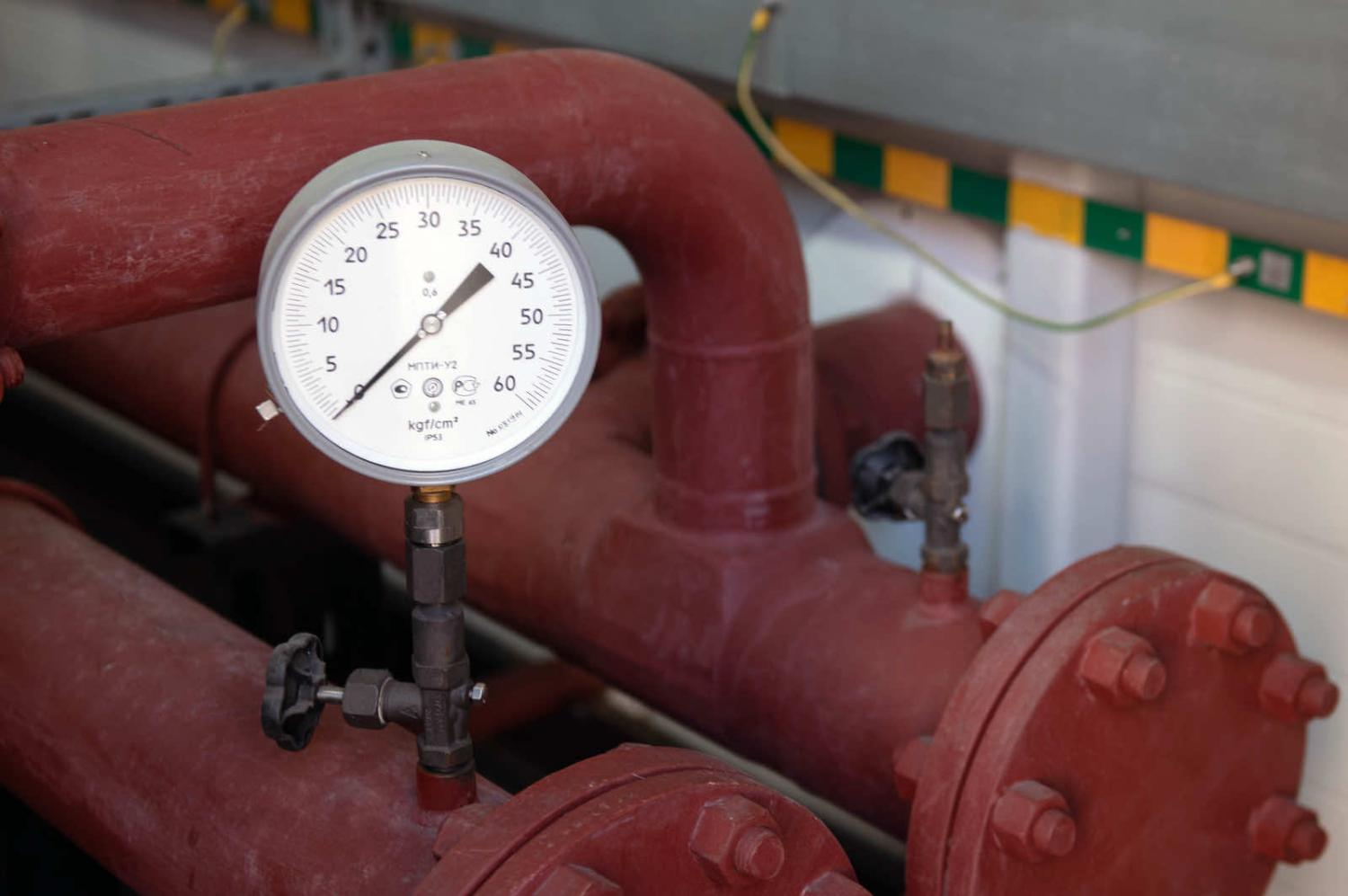Following Russia’s annexation of Crimea in 2014 and incursion into eastern Ukraine, the West imposed targeted sanctions on Russia’s energy sector, the most revenue-generating part of the Russian economy. The sanctions pinpointed the key vulnerabilities within the energy sector – high dependence on borrowing from the Western capital market and high reliance on Western technology.
Russia’s largest state-owned banks and energy companies, including Sberbank, VTB, Rosneft, and Novatek, were barred from new debt financing. A ban on technology transfer for the exploration and production of deepwater, Arctic offshore and shale oil projects was imposed on Gazprom, Gazpromneft, Lukoil, Rosneft and Surgutneftegas and their subsidiaries.
In response to Western sanctions, Russia launched a policy of import substitution and attempted to diversify to Asia. As part of a newly launched edited book Russian Energy Strategy Towards the Asia-Pacific: Implications for Australia, I examined Russia’s coping strategy with the energy-related sanctions and evaluates the effectiveness of these measures after seven years.
The effectiveness of sanctions is best measured against their goals. By design, Western sanctions did not aim to limit the current supply of energy exported from Russia, but intended to raise costs for Russia to develop its long-term and technologically challenging projects. The technology-related sanctions were directed at unconventional oil projects scheduled for exploration and development in 2030. Expectedly, the short-term effects of sanctions were modest. Uncertainty and dampened interest among domestic and foreign investors were the main factors that impacted the Russian energy sector in the initial phase. The unexpected drop in oil prices in 2014 had a more devastating impact on Russia’s GDP growth than the effect of sanctions.
Due to the EU Green Deal, the imports of oil and gas are projected to decline by 50–70 per cent of the current levels.
By the mid-term, a combination of financial and technological sanctions started showing accumulating effects and mounting pressure on the energy sector. Sanctions exacerbated the already existing problems – high dependency on Western borrowing and advanced technology, and an adverse business climate.
The Russian government was quick to introduce concerted measures to alleviate the impact of sanctions, mainly through currency devaluation, lavish tax breaks and favourable bail-out schemes. The Russian energy companies sought to adapt, by resorting to the policy of import substitution and pivoting to Asia. But adaptation triggered the securitisation of the economy which came at a high cost.
After seven years, the results of import substitution showed mixed results: certain equipment was able to be supplanted, but the dependency on advanced technology remained high. Progress on import substitution was protracted and weighed down by uncompetitive prices and poor-quality products. Novatek’s Arctic Cascade technology is a case in point. The company has been trying to develop its in-house LNG technology to minimise reliance on foreign suppliers. After long delays and technical problems, Novatek replaced it with the technology of German Linde AG. Partnering with foreign companies and localising products became a new solution. For example, to compensate for the lack of technological expertise, the Rosneft-led Zvezda Shipyard, touted as the leader of import substitution, teamed up with General Electric and Samsung Heavy Industry to fulfill its long list of orders, including LNG vessels, drilling rigs and offshore platforms.

Tapping into Asian capital markets and sourcing Asian technology became a crucial part of Russia’s strategy to mitigate the sanctions pressure, but far from a panacea. China used Russia’s inability to obtain Western equipment to test and improve its own technology at the expense of Russian manufacturers. Breaking Western monopoly, Chinese engineering companies provided 80 per cent of LNG equipment for Novatek’s Yamal LNG. With the help of Chinese offshore platforms, Gazpromneft and Rosneft made large discoveries off Russia’s eastern coast in the Sea of Okhotsk, and north in the Kara Sea. Wary of Washington’s reaction, Japan and South Korea have played a limited role.
Pivoting to Asian capital markets proved to be an urgent – but expensive – alternative. Lukoil’s CEO Vagit Alekperov gave an apt description about China’s lenders at that time – “These are the most expensive loans in the world. We do not go for such borrowing”. Chinese loans are the most expensive in the world and his company will never use them. China’s desire to capitalise on Russia’s isolation came as a shock to Russian companies in 2014–16. The companies adapted to Chinese loan practices (financing is usually bound to the use of Chinese technology and workforce), but there are still problems. The participation of the Asian private sector without the government’s assurances was less than guaranteed. Novatek struggled to secure external financing with Chinese private banks and was forced to re-structure the US$12 billion worth loans with China’s state-owned Silk Road Fund, the China Development Bank, and the Export–Import Bank of China.
As the long-term effects of sanctions are looming, another factor is set to dramatically influence Russia’s energy sector after 2030 – decarbonisation. External changes are coming from both West and East and are set to cloud the outlook for Russia’s energy exports. Due to the EU Green Deal, the imports of oil and gas are projected to decline by 50–70 per cent of the current levels. With the introduction of the border carbon adjustment tax, depending on the scenario, Russia would stand to lose from US $3 billion to $60 billion per year, or up to 10 per cent of its total national export revenues.
Pivoting to the East would also be problematic, as China, South Korea and Japan announced their own plans for climate neutrality. Responding to shifts in the energy landscape, on top of sanctions pressure, will require substantial structural reforms and diversification of the economy away from hydrocarbons.

